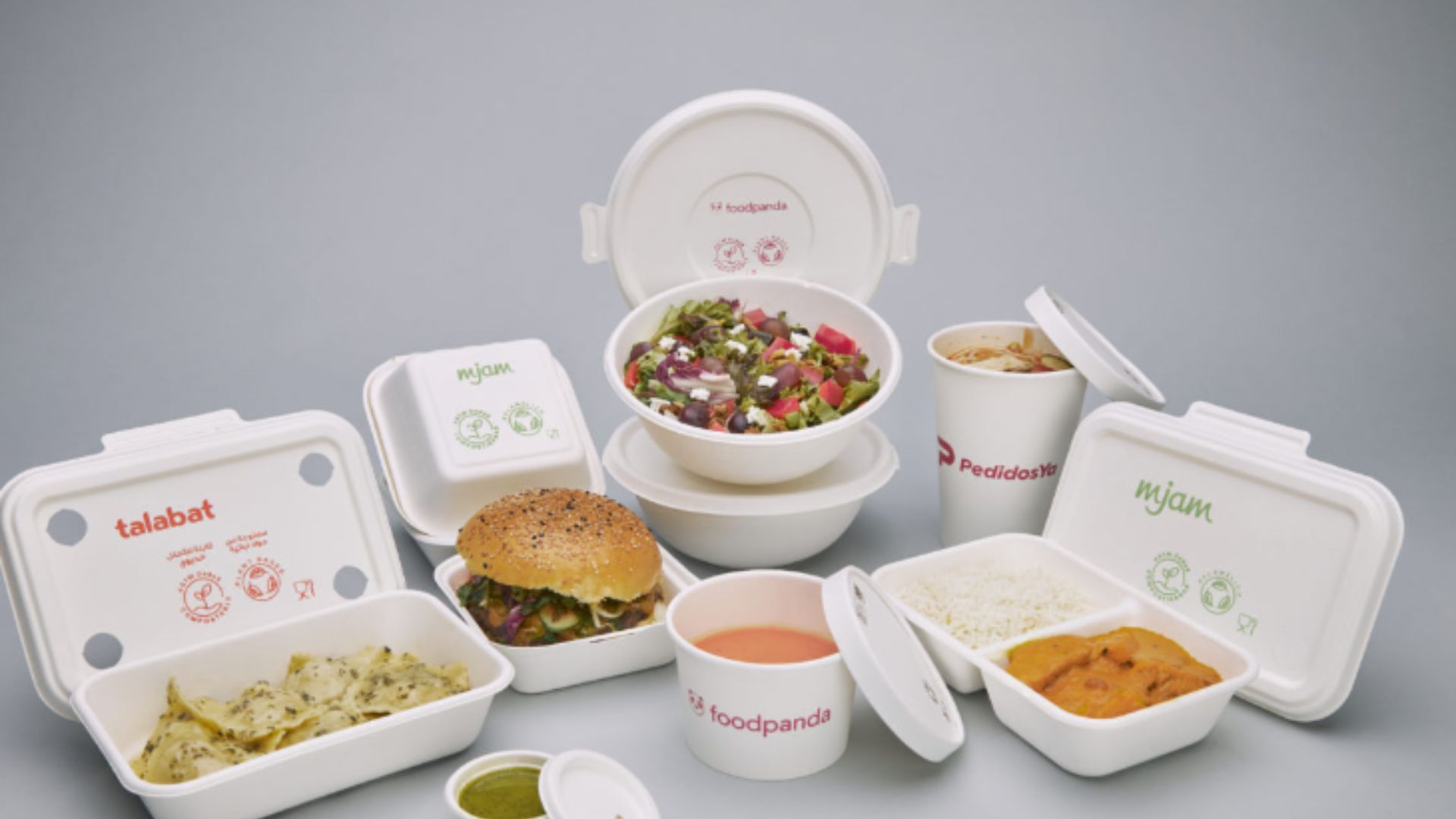Gone are the days of one-size-fits-all dietary advice. The field of nutrition is undergoing a revolution with the rise of hyper-personalized nutrition. This approach leverages technology and individual data to create customized meal plans and recommendations that cater to your unique needs and goals. This blog post looks into the exciting world of hyper-personalized nutrition and explores its potential to transform how we approach our health.

Why Personalized Nutrition Matters
Firstly, traditional dietary guidelines offer a general framework for healthy eating, but they often fail to account for individual differences. Here’s why personalized nutrition matters:
Bioindividuality
In addition, our bodies respond differently to food based on genetics, gut microbiome composition, and metabolism. Also, a personalized approach considers these factors to create a diet optimized for your specific needs.
Dietary Preferences
Hyper-personalized nutrition takes into account your food preferences, allergies, and restrictions. Additionally, this ensures you receive recommendations you’ll enjoy and can realistically stick to in the long run.
Health Goals
Moving on, whether you’re aiming for weight loss, improved athletic performance, or managing a specific health condition, a personalized plan can tailor dietary recommendations to support your goals effectively.
Furthermore, by considering these aspects, hyper-personalized nutrition offers a more holistic and effective approach to achieving optimal health.
The Tools of Hyper-Personalized Nutrition
Moreover, technology plays a crucial role in enabling hyper-personalized nutrition. Here are some of the tools used:
Wearable Technology
In addition, fitness trackers and smartwatches can track your daily activity levels, sleep patterns, and even heart rate variability. This data can provide insights into your metabolic needs and guide personalized calorie goals.
Dietary Apps
A variety of apps allow you to log your food intake, track your progress, and receive personalized recommendations based on your goals and preferences. Some apps even integrate with wearable technology for a more comprehensive picture of your health.
Genetic Testing
While still in its early stages, genetic testing can offer valuable insights into your predisposition to certain health conditions and how you might metabolize specific nutrients. This information can be used to create a personalized diet that minimizes risks and promotes optimal health based on your genetic makeup.
As these technologies continue to evolve, we can expect even more sophisticated tools to emerge, further empowering individuals to take control of their health through personalized nutrition.
Putting Hyper-Personalized Nutrition into Practice: Getting Started
If you’re interested in exploring hyper-personalized nutrition, here are some steps to get you started:
Identify Your Goals
Define your health and wellness goals, whether it’s weight management, improving energy levels, or managing a specific health condition.
Choose a Platform
Explore various personalized nutrition apps, online resources, or consider consulting a registered dietitian who offers personalized plans.
Track Your Data
Start tracking your food intake, activity level, and other relevant health data using wearables or apps. This data will become the foundation for your personalized recommendations.
Be Patient & Consistent
Building a lasting healthy lifestyle takes time and commitment. Be patient with yourself and stay consistent with following your personalized plan.
It’s important to remember that hyper-personalized nutrition is not a magic bullet. It should be a collaborative effort between you and a qualified healthcare professional, such as a registered dietitian, who can interpret your data and offer personalized guidance.
Conclusion
The rise of hyper-personalized nutrition has the potential to revolutionize how we approach our health and well-being. Therefore, by leveraging technology and individual data, this approach empowers us to create customized dietary plans that optimize our health and well-being. However, as personalized nutrition continues to evolve, we can expect even more effective tools and strategies to emerge, shaping a future where food is not just sustenance, but a powerful tool for achieving optimal health tailored to our unique needs.










